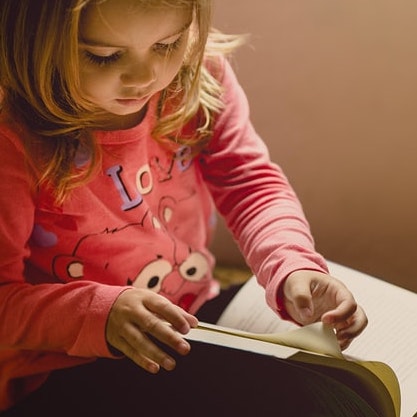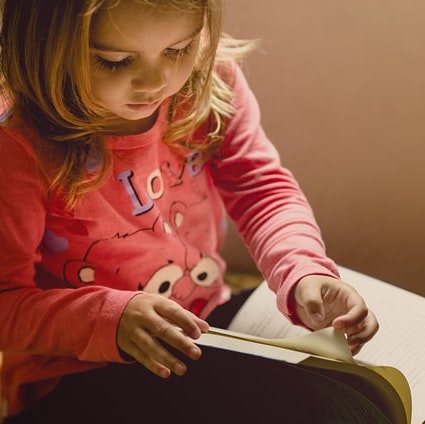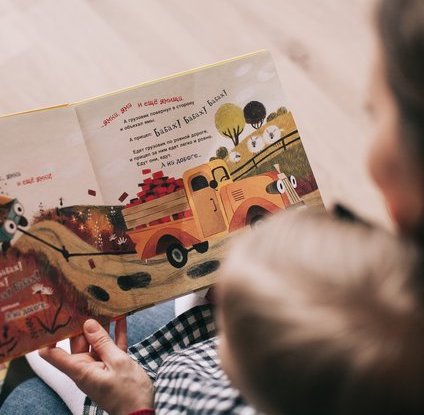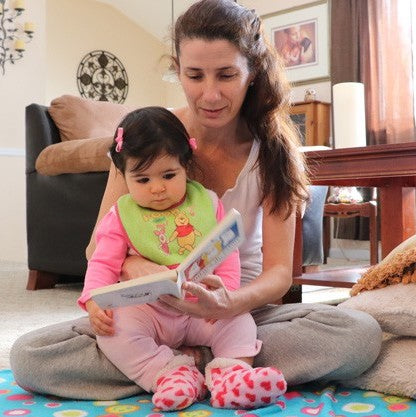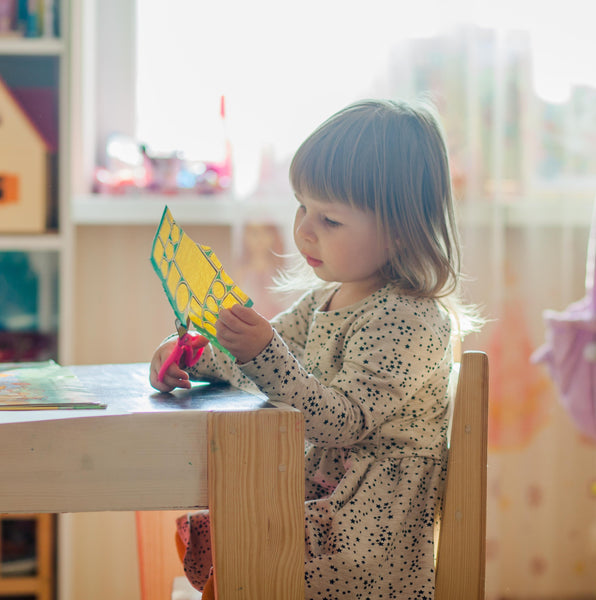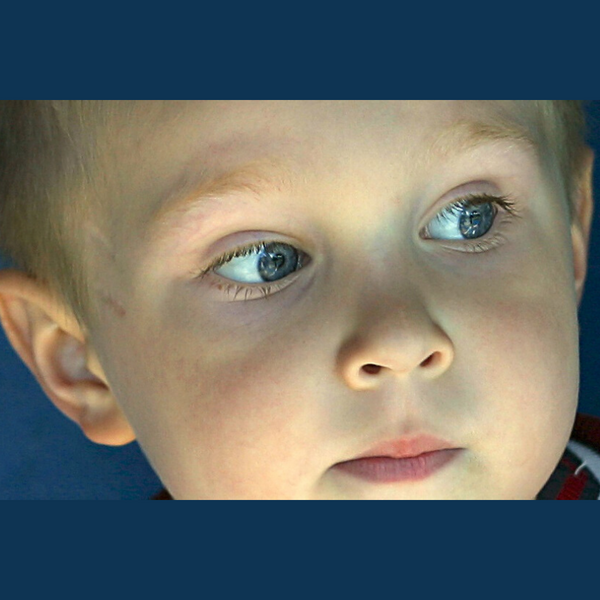Research -- StepUp to Learn
Read to Succeed -- in Math
He tried to identify dyslexia based on how the brain is wired for reading. Instead he found that the way the brain is wired for reading is actually influencing math ability.
Infants Capable of Complex Babble May Grow into Stronger Readers
Infants' early speech production may predict their later literacy, according to a study from Florida State University.
Children With Dyslexia Show Stronger Emotional Responses
Dyslexia is much more complex than just a weakness in reading skills.
Reading Through a Visual Dictionary in the Brain
Scientists have now identified a crucial region in the temporal lobe, know as the mid-fusiform cortex, which appears to act as the brain's visual dictionary.
Less than Ideal Start in Life: What Next?
The early talk and communication that children experience when very young, though essential in preparing them for school, has no direct impact on their reading and writing skills by age 11.
Humans are Born with Brains 'Prewired' to See Words
Humans are born with a part of the brain that is prewired to be receptive to seeing words and letters, setting the stage at birth for people to learn how to read, a new study suggests.
Heavy TV and Computer Use Impacts Children’s Academic Results
A new study reveals an association between heavy television use and poorer reading performance, as well as, between heavy computer use and poorer numeracy.
Busy Pictures Hinder Reading Ability in Children
New study shows extraneous images draw attention from text, reducing comprehension in beginning readers.
Early Reading in Spanish Helps Children Learn to Read English
Children who had strong early reading skills in their native Spanish language when they entered kindergarten experienced greater growth in their ability to read English from kindergarten through fourth grade.
Visual-Spatial Learning Disorder Is More Common Than Thought
Nonverbal learning disability (NVLD), a poorly understood and often-overlooked disorder that causes problems with visual-spatial processing, may affect nearly 3 million children in the United States, making it one of the most common learning disorders.
More than Half of U.S. Students Experience Summer Learning Losses Five Years in a Row
These students on average lose nearly 40 percent of their school year gains.
Vision May Be the Real Cause of Children's Problems
Are you a little clumsy sometimes? Do you or your child struggle to read, write or do math? Maybe vision is the real root of the problem.

